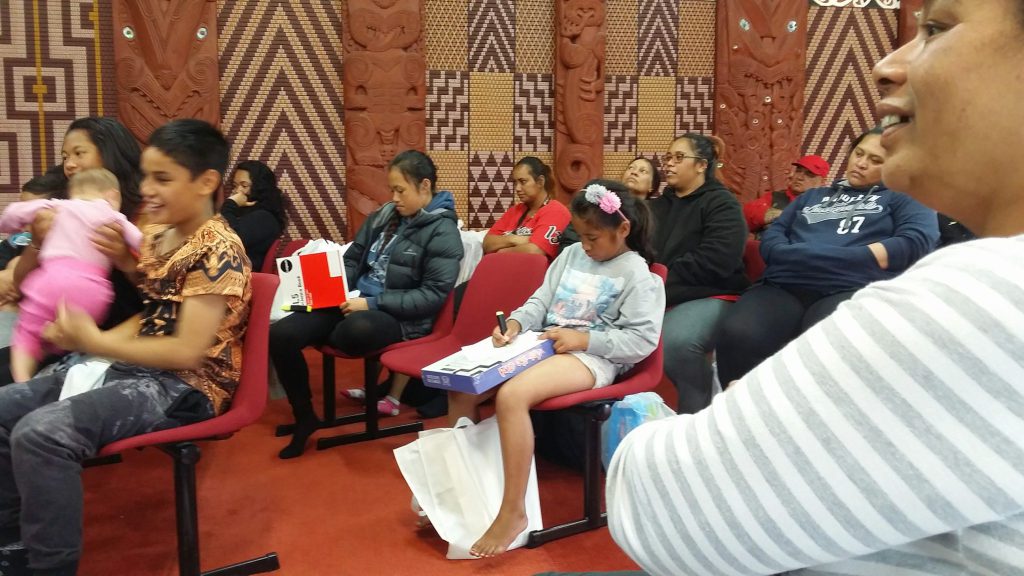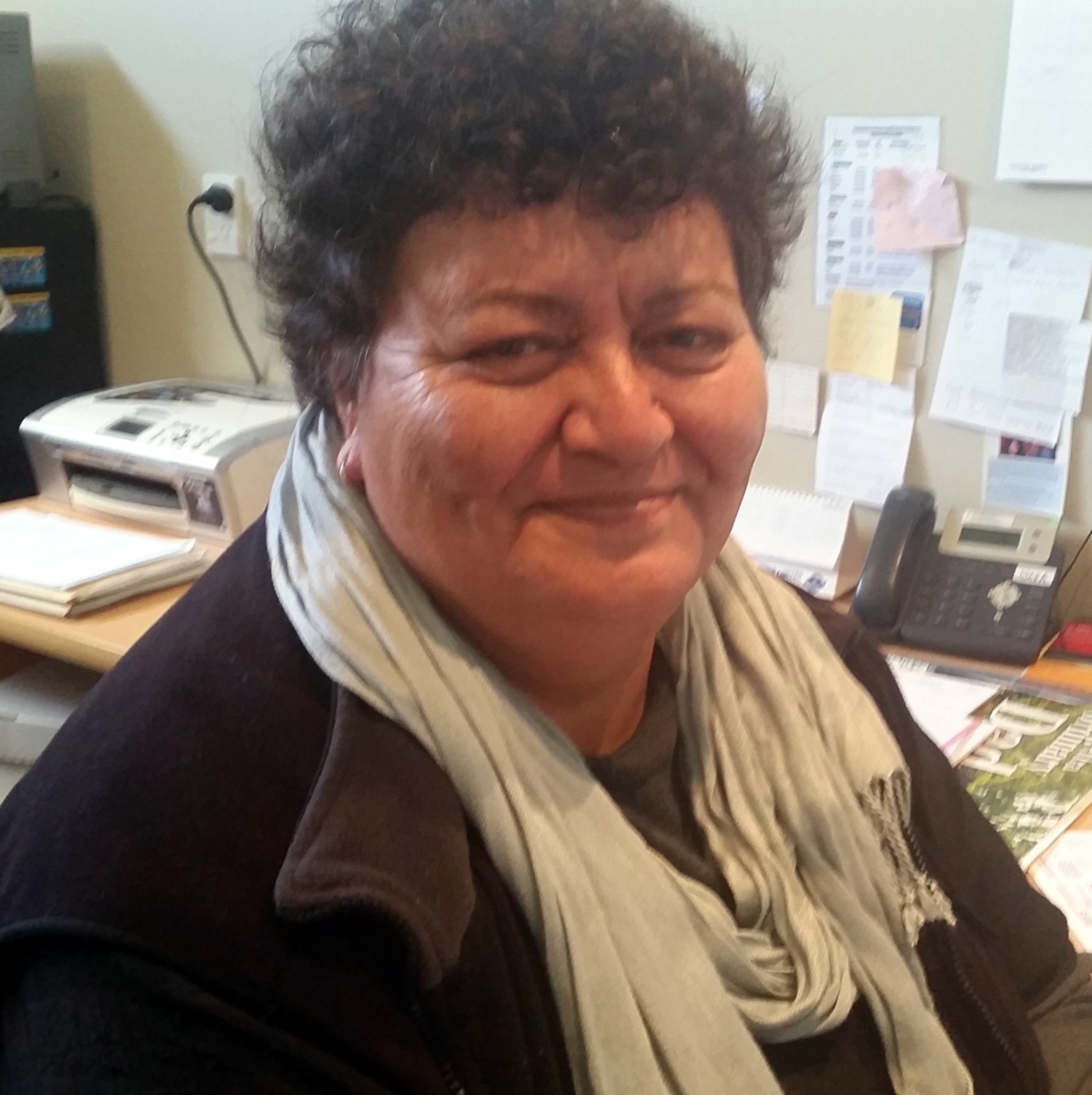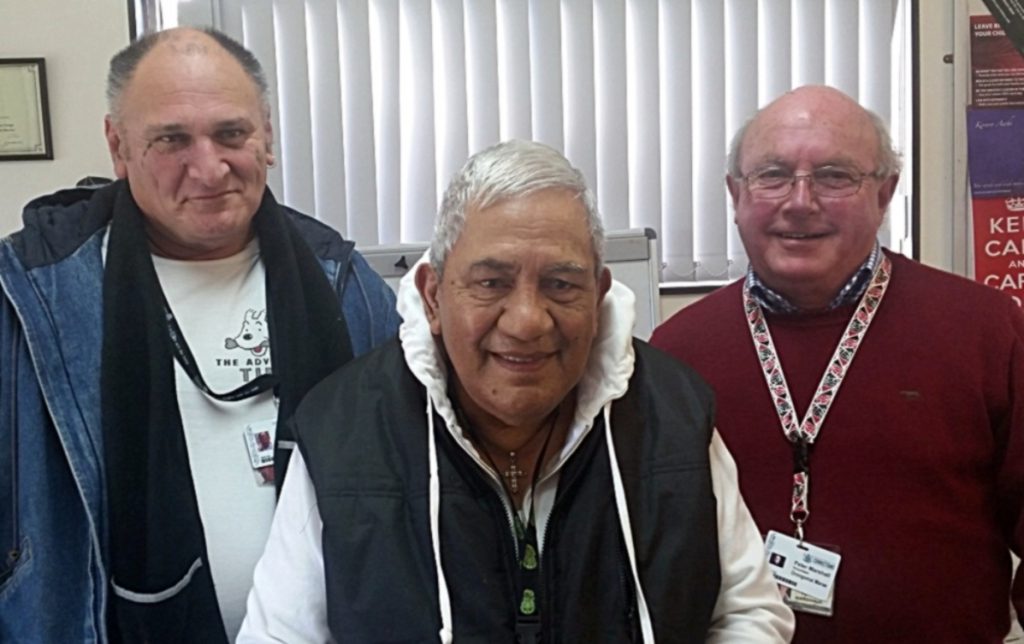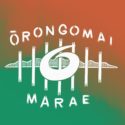This is the first in a series about Ōrongomai Marae in Upper Hutt. It is a vibrant, modern urban marae striving to support the people in its community to be part of positive change for themselves and their whānau.

Upper Hutt’s Ōrongomai Marae is a vibrant, multifaceted center for the delivery of social services. It’s also a modern urban marae where tangi, hui and wānanga are held and manuhiri are warmly welcomed.
Indeed, Ōrongomai welcomes anyone who needs its services and those who want to manaaki others, often because they’ve received help themselves.
The kaupapa is non-judgemental, reciprocal, and proudly Māori, a tikanga strengthened by its multicultural origins.
A place for everyone

Linda Pahi – “Whenever we become aware of someone in need, we try and find a way to help”
“From the very beginning,” says manager Linda Pahi, ‘this place was designed for everyone although we have a special affinity for those in the ‘too hard basket’. Everything we do is about identifying and supporting whānau needs.”
Like many of her generation, Linda grew up in a small, close knit rural community before moving to the city. Joining a local kapa haka group gave her a sense of home. That’s where she met her late husband, Murdoch, and a wider whānau who envisaged an inclusive marae where Māori from different iwi could retain their tikanga while living in harmony with people of all cultures in a rapidly changing urban environment. After an extensive fundraising and planning period, the marae opened in 1976.
Linda started working there as an administrator in 1989 and became its manager in 2007.
Situated in a busy, light industrial area close to Upper Hutt city centre, the complex is distinguished by ‘Kahukura’, its elegant wharenui, renowned for carvings representing all major iwi and some Pacific islands. Adjacent are gardens connecting its whare kai to the administration block, health clinic and kōhanga reo.
Ōrongomai’s social services team operates out of the old worker’s cottage next door. The marae’s community garden sits behind the cottage, flourishing under the care of whaea Raiha Hunter Ellis.
Mohi Kahu Waihi, the marae’s longtime custodian, lives on-site in a small flat and is often the first person to welcome visitors to his home.
Food co-op for 600 whānau
Ōrongomai is also the ‘pick up spot’ for a community run food co-op. Once a week, produce is bought in bulk and sorted into $10 bags bulging with fresh fruit and vegetables. Over 600 whānau have registered for this service and each week around 240 pop into the whare to pick up their supplies.
This is the base from which Linda and her team of 15 staff and large number of volunteers offer services as diverse as tai chi sessions for kaumātua and reintegration support for inmates on their release from prison. They offer counselling, practical social support and old fashioned aroha to anyone who needs it.
“We walk their journey with them”
“Whānau who reach out to us could have health issues. They may need budgeting advice or could be facing abuse of some kind,” says Linda. “Some come because they have no kai in their house, they can’t pay their power bill or have nowhere to live. We walk their journey with them. If they need work, we can support them to find it. If they need training or further education or both we make it easy for them to link up with the right institutions. We’ve got strong networks and we delegate. If they need budgeting advice, for example, we can hook them up with the Upper Hutt budgeting service.”
The Ōrongomai Marae Health Service is a central and easily accessed base for a range of services including hearing tests, diabetes and podiatry clinics, a tamariki ora service and weekly kaumātua fitness programmes.
“We’ve got a team training right now for the upcoming Iron Māori Kaumātua competition and they’re going hard,“ says Linda.
Manaakitanga
Under its whānau ora plan, kaimahi visit whānau in their homes as well and sometimes their manaakitanga extends way beyond the marae. A woman in Australia, worried for the health and wellbeing of her elderly relatives found Ōrongomai website online and asked if someone could visit them on her behalf.
Housing is another major issue. Linda reels off half a dozen recent examples – the young female student, new to the city and living in a caravan who came to the marae for kai; the elderly gentleman with both mental and physical health issues who keeps getting evicted and comes to the marae for kai, an extra blanket and kind, non-judgmental company; the whānau with tamariki who needs practical support of all kinds.
“Whenever we become aware of someone in need, we try and find a way to help. Unfortunately, we’re seeing an increase in the numbers of people in need. They’re literally walking off the street every day. At least they know they have someone to go to,” she says.




